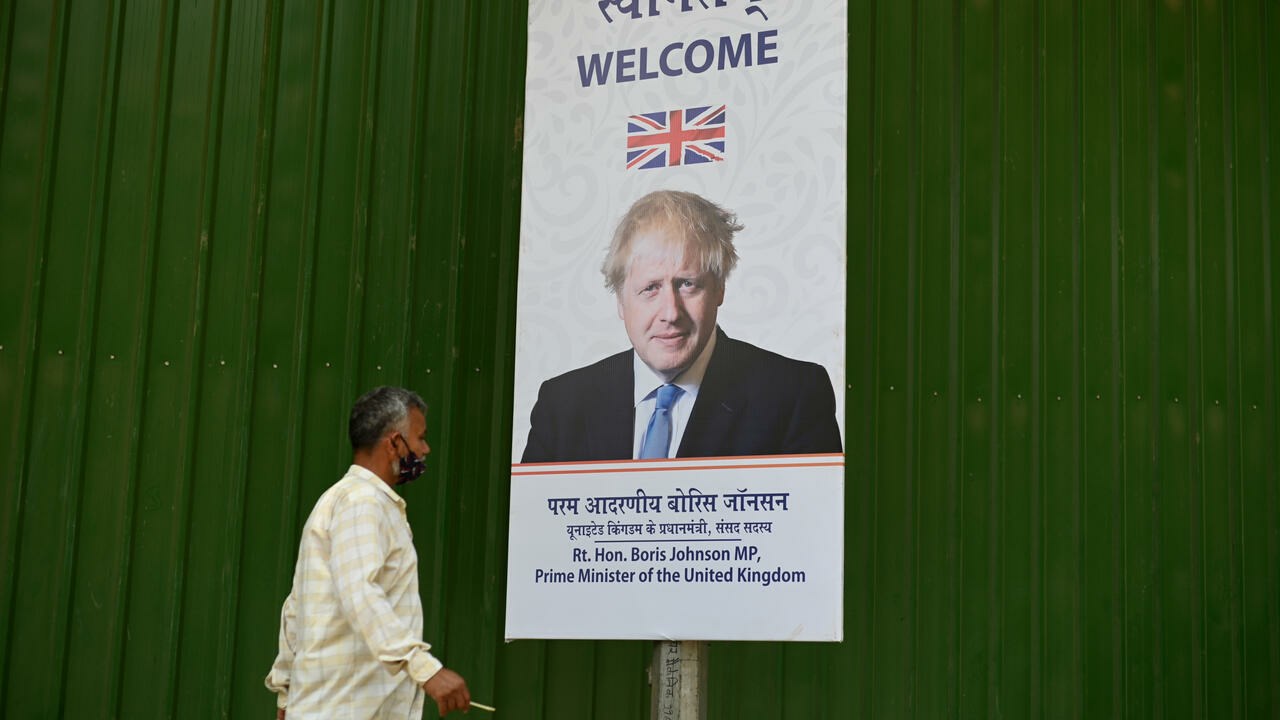India demands an apology from UK over massacre
The British Prime Minister is visiting the Indian state of Gujarat on Thursday, where a colonial-era massacre occured 100 years ago.
-

India demands an apology
When British Prime Minister Boris Johnson visits Gujarat, India, on Thursday, he will face requests to apologize for a colonial-era massacre in which up to 1,200 people were slaughtered in a protest against imperial authority a century ago.
Last month marked the centenary of the Pal-Dadhvav massacre, when 2,000 tribal people headed by social reformer Motilal Tejawat assembled to protest exploitation, forced labor, and exorbitant taxes, according to Indian historians.
According to the Gujarat state government, a British Major ordered his troops to open fire.
"Like a battlefield, the entire area was filled with corpses," it said. According to the government, two wells overflowed with bodies.
The state's official float in this year's annual Republic Day parade described the deaths as the "untold story of bravery and sacrifice of the tribals," according to a statement that estimated the death toll at 1,200.
Johnson begins a two-day visit to India on Thursday.
Read more: Although apologetic, Johnson adamant he didn't violate own rules
Tejawat's grandson Mahendra told AFP that the killings occurred during British rule, "so, if the British PM is coming here, he must apologize," adding that he "must express regret if he feels what happened to the defenseless tribals was wrong."
The chairman of Gujarat University's history department, Arun Vaghela, has little hope that the British Prime Minister will apologize.
Read more: Muslims in India and Kashmir face systemic violence: Welcome Ramadan
He has conducted a field study at the site and claims that even 20 years ago, inhabitants were still discovering old bullets stuck in trees and bones in deep wells into which individuals had jumped in an attempt to escape.
"The British records only show 40 to 50 deaths -- but when does any killer government, British or otherwise, ever truly reveal and acknowledge the number of people it has killed?"
According to Vaghela's estimations, the death toll is higher than the considerably more well-known Jallianwala Bagh massacre in Amritsar in 1919, which killed between 379 and 1,000 people and overshadowed the Queen and Duke of Edinburgh's royal visit to India in 1997.
However, the Gujarat tragedy is scarcely mentioned in India's independence narrative, and the victims' tribal identity may have sentenced them to obscurity.
Tribal people are excluded from Hinduism's caste system, and many are still impoverished and on the outskirts of society.
"Tribals are at the bottom of Indian social pyramid," said Vaghela. "Had something like that happened anywhere else, it would have been highlighted by the mainstream press and politicians for a long time."
Vishnu Pandya, a veteran journalist and author of a Gujarati-language book on revolutionary sites in the state, has collected many oral reports of the deaths from the tribal population, where he claims the episode is recorded in many folk songs.
"The British PM who is coming here wasn't even born at the time and he wouldn't know anything about the incident," he said.

 3 Min Read
3 Min Read








